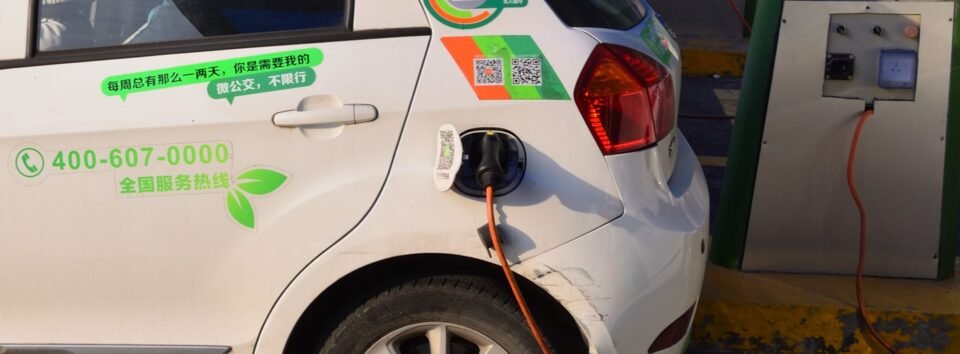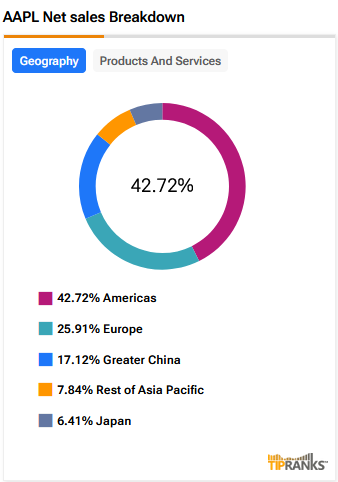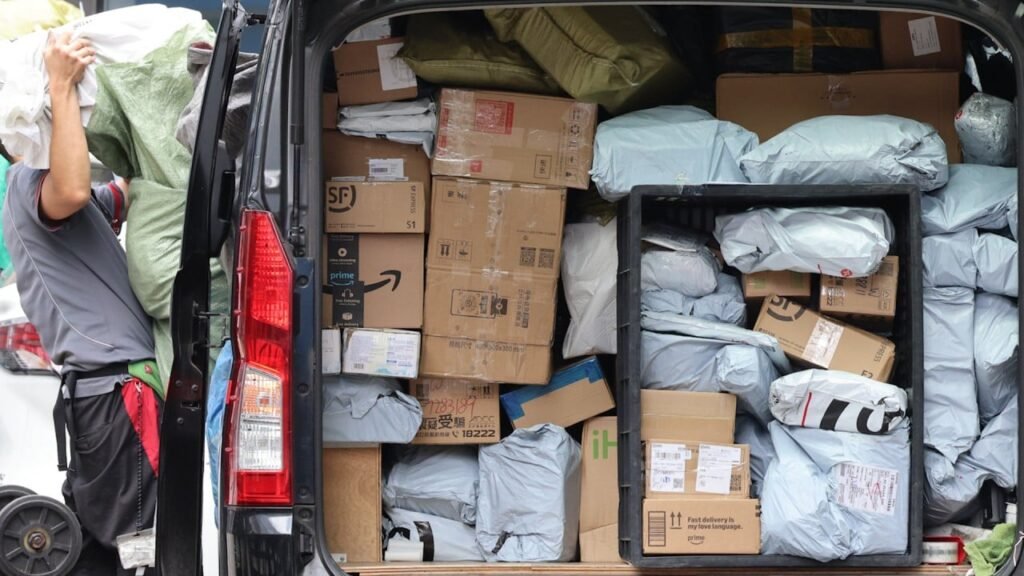Tsering Dhundup
DHARAMSHALA, Sep 12: A new investigation has revealed that leading American technology companies played a pivotal role in building China’s surveillance state, supplying billions of dollars’ worth of equipment and software later used in mass repression of Tibetans and Uyghurs.
The Associated Press (AP) investigation drew on leaked emails, confidential documents, Chinese-language marketing materials, and over 100 insider interviews found that US corporations were far more deeply involved in Beijing’s surveillance apparatus than previously known.
Despite repeated warnings from Congress and rights groups, these firms sold advanced systems to Chinese police, government ministries, and surveillance contractors, enabling one of the world’s most extensive digital authoritarian regimes.
The findings highlight that Tibet and East Turkestan (Xinjiang) were central testing grounds for these technologies. Dell and its then-subsidiary VMware provided cloud storage and data systems to police in both regions, with some deals continuing as late as 2022. In 2019, Dell even marketed laptops in China with “all-race recognition” capabilities, raising alarms over racial profiling of Tibetans and Uyghurs.

IBM’s policing software i2, initially promoted as a counterterrorism tool, was adapted into predictive policing programmes that flagged Tibetans and Uyghurs as security threats. Oracle and Microsoft products were similarly embedded in regional policing platforms.
Meanwhile, biometric surveillance deepened. Intel partnered with a Chinese firm supplying fingerprint readers to East Turkestan (Xinjiang) police, while Thermo Fisher Scientific marketed DNA kits specifically for “ethnic minorities like Uyghurs and Tibetans.” Though Thermo Fisher halted sales in Tibet only in 2024, its products had already contributed to mass genetic profiling.
Mapping software from IBM, Oracle, and Esri supported “digital fencing” systems that alert authorities whenever monitored Tibetans, Uyghurs, or dissidents leave restricted zones.
The AP report also found that Nvidia and Intel chips powered AI-driven surveillance cameras, while Seagate and Western Digital provided hard drives optimised for large-scale video monitoring. German, Japanese, and South Korean firms were also implicated, but US companies emerged as the largest suppliers.
In Tibet, monasteries, villages, and towns are under constant scrutiny, with cameras, checkpoints, and biometric collection woven into daily life. The technology provided by American companies helped institutionalise this pervasive control.
The revelations have sparked outrage among advocacy groups. The International Campaign for Tibet (ICT) condemned the findings as “shocking and dismaying”. ICT President Tencho Gyatso said: “It is appalling that US companies profited while China’s security services imposed an increasingly Orwellian system of repression in Tibet and East Turkestan. While Tibetans and Uyghurs struggle for their freedoms, American corporations should not be enabling their oppression.”
ICT urged the US Congress to hold accountable corporations that “placed profit above human rights” and to ensure no American technology supports China’s police state in the future.
Most of the firms named including IBM, Dell, Cisco, Intel, Nvidia, Seagate, Microsoft, and Thermo Fisher told AP they comply with US export laws and conduct due diligence. Some argued that older partnerships were misused without their knowledge. Others, such as Oracle and Hewlett Packard Enterprise (HP), declined to comment. Beijing defended its surveillance systems as counterterrorism tools, dismissing criticism as hypocrisy.
From AI-powered cameras and DNA sequencing kits to predictive policing software and digital fencing, the investigation makes clear that American technology was instrumental in shaping the infrastructure of repression now suffocating Tibetans and Uyghurs.





